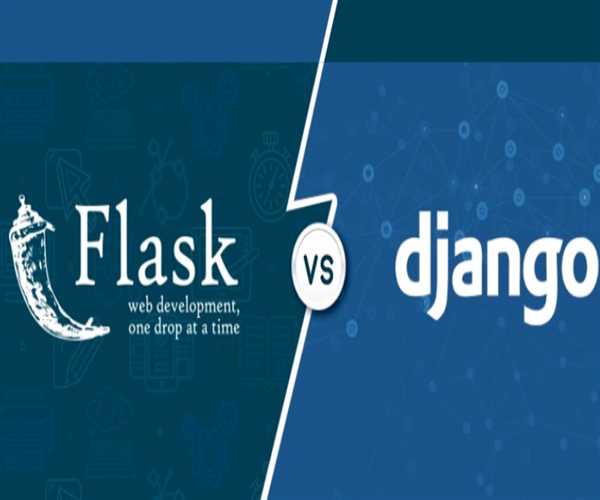In the bustling world of Python web development, two frameworks reign supreme: Django and Flask. Each offers a unique approach to building dynamic web applications, captivating developers with their distinct strengths and philosophies.
Django: The Full-Stack Powerhouse
- Philosophy: "Batteries included" approach, providing a comprehensive set of tools and features out of the box.
- Structure: Enforces a well-defined project structure, promoting organization and maintainability.
Features:
- Robust ORM for database interactions
- Built-in authentication and authorization
- Form handling and validation
- Templating engine
- User management
- Admin panel
- And much more
Ideal for:
- Large-scale, complex web applications
- Rapid development with pre-built components
- Projects requiring extensive built-in features
Flask: The Minimalist Microframework
- Philosophy: "Less is more" mantra, offering a lightweight core and the freedom to customize.
- Structure: Flexible, allowing you to shape the application architecture as needed.
Features:
- Basic routing and templating
- Extension-based system for adding features
Ideal for:
- Small to medium-sized applications
- Custom projects requiring specific features
- Learning web development concepts
- Rapid prototyping
Key Differences:
| Feature | Django | Flask |
| Approach | Full-stack framework | Microframework |
| Structure | Opinionated, enforces a structure | Flexible, allows for custom architecture |
| Features | Extensive set of built-in features | Basic core, extensions for additional features |
| Learning Curve | Steeper due to comprehensive nature | Gentler due to simplicity |
| Scalability | Well-suited for large-scale applications | Can handle complex applications but requires more configuration |
| Ideal for | Complex projects, rapid development with pre-built features | Custom projects, learning, prototyping |
Choosing the Right Framework:
Consider these factors when making your decision:
- Project Scope and Complexity: Django excels in large, feature-rich applications, while Flask thrives in smaller, more customized projects.
- Developer Experience: Django provides a structured approach with many built-in features, while Flask offers greater flexibility and control.
- Learning Curve: Django has a steeper learning curve due to its comprehensive nature, while Flask is more approachable for beginners.
- Community and Support: Both have active communities, but Django benefits from a larger, more established ecosystem.
Conclusion:
Django and Flask are both exceptional Python frameworks, each empowering developers to create captivating web experiences. The right choice depends on your project's unique needs and your personal development preferences. Embrace their strengths, and unleash your creativity to craft web applications that resonate with users and transform the digital landscape.




Leave Comment